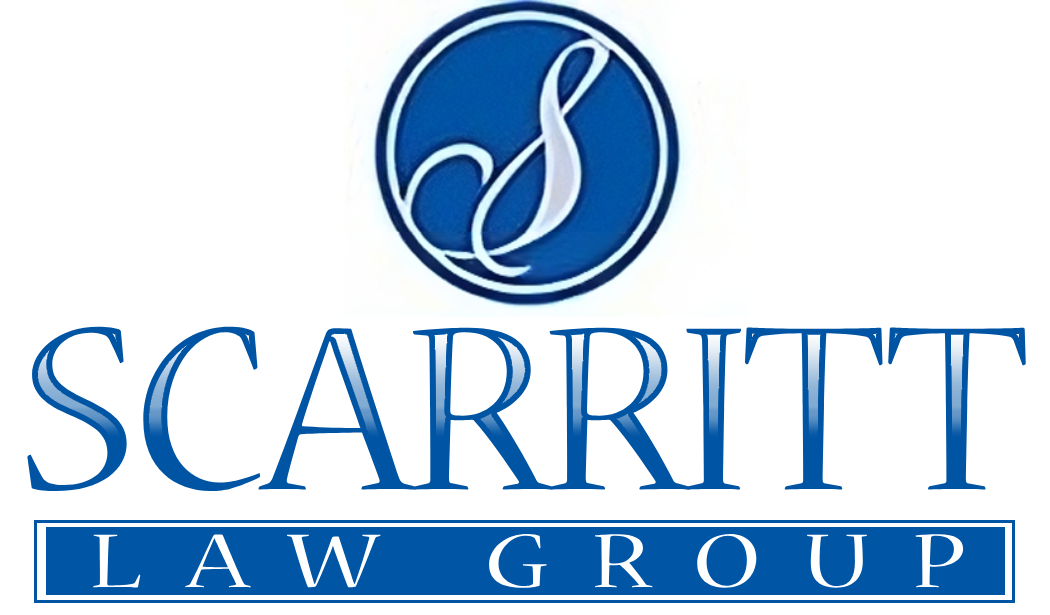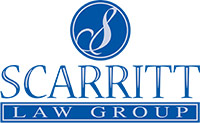In cases involving the Government Sunshine Law, the specifics can vary, but common issues include improper closure of meetings, denial of access to public records, and failure to provide adequate notice of meetings.
Some examples of Government Sunshine Law violations include:
- Improperly Closed Meetings: If a government body holds a meeting without notifying the public or improperly closes a meeting that should be open, it could be a violation of the Sunshine Law. For example, if a city council meets in private to discuss a matter that should be public, a citizen might challenge the legality of that meeting.
- Denial of Access to Public Records: Government agencies are required to provide access to public records upon request. If a government body refuses to release records without a valid exemption, it could be violating the Sunshine Law. For instance, if a citizen requests meeting minutes from a school board meeting and the board denies the request without justification, it may be a breach of the law.
- Inadequate Notice of Meetings: Public bodies must provide adequate notice of meetings to ensure the public can attend. If a government entity fails to give proper notice or holds a meeting at an inconvenient time to limit public participation, it might be violating the Sunshine Law. For example, if a planning commission announces a meeting with insufficient notice, concerned citizens could challenge the meeting’s legality.


